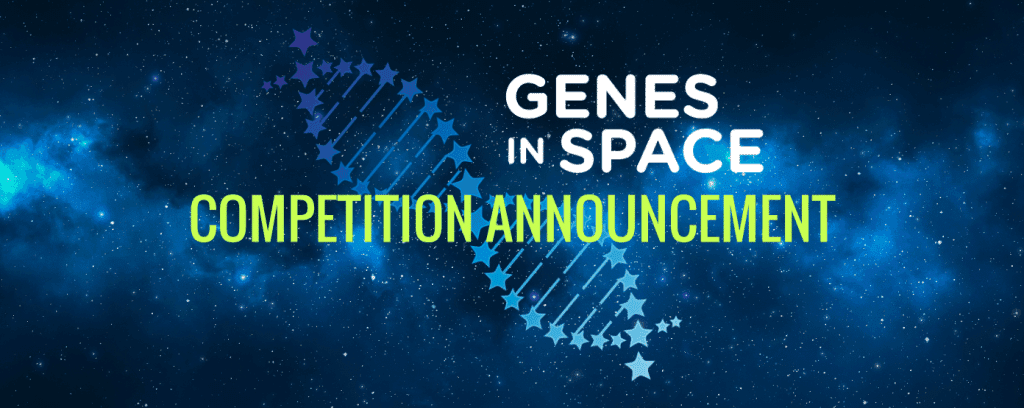Genes in Space Competition Launched

Genes in Space, a competition for students was announced today, promising a change to run the proposed winning experiment on the International Space Station. Until April 20 2016, U.S. based students, grades seven through 12 are invited to design an experiment that solves a space exploration problem through DNA analysis. These students can participate as individuals or in groups up to four, always with an adult mentor. The selected experiment will be performed at the ISS by resident astronauts and cosmonauts.
Five finalists, selected among all submissions, will receive help from top-level scientists to polish the experiment and make it viable in space. The final version of the experiment will be presented by members of each team in the ISS Research and Development Conference, where a committee of experts will select the winner. Apart from this, these finalists will also win a miniPCR Discovery System for their institutions. The winners will prepare their experiment at the Space Biology Camp in New England Biolabs and will attend its launch.
The contest aims to foster creative thinking, problem solving and science popularization among students. The proposal should satisfy several conditions that conform the scoring criteria: it has to identify a relevant question, state a clear hypothesis that requires the ISS environment, and the experimental design must be creative.
Anna-Sophia Boguraev from Bedford, NY was the winner of the previous Genes in Space competition. She proposed an experiment to understand the effects of microgravity and cosmic radiation on the astronauts’ immune system during their missions. The responses would help to improve the health of space workers on lengthy missions.
The contest is sponsored by miniPCR, Math for America (MƒA), Boeing, The Center for the Advancement of Science in Space (CASIS) and New England Biolabs®, Inc. (NEB®).
Source: Genes in Space

